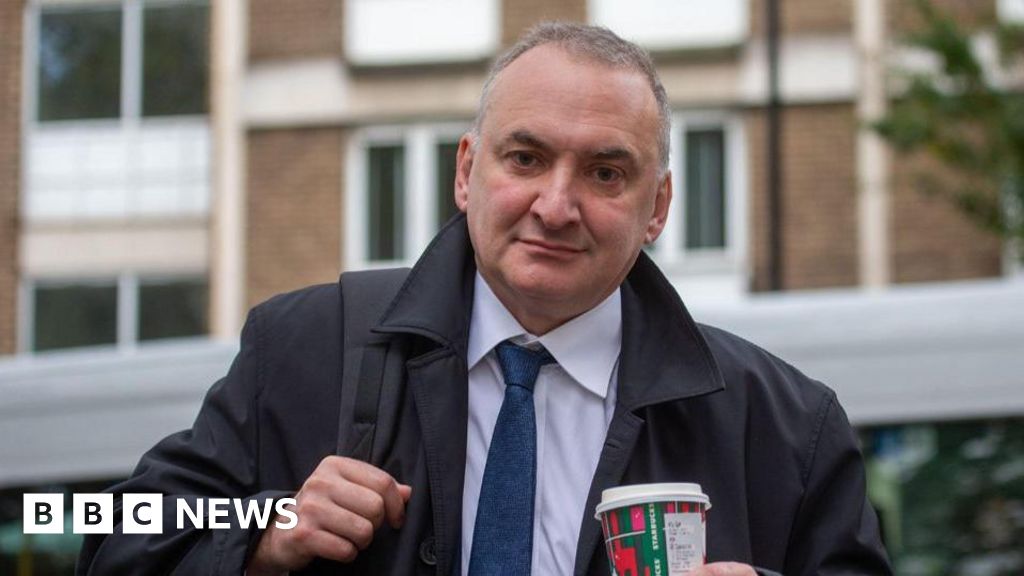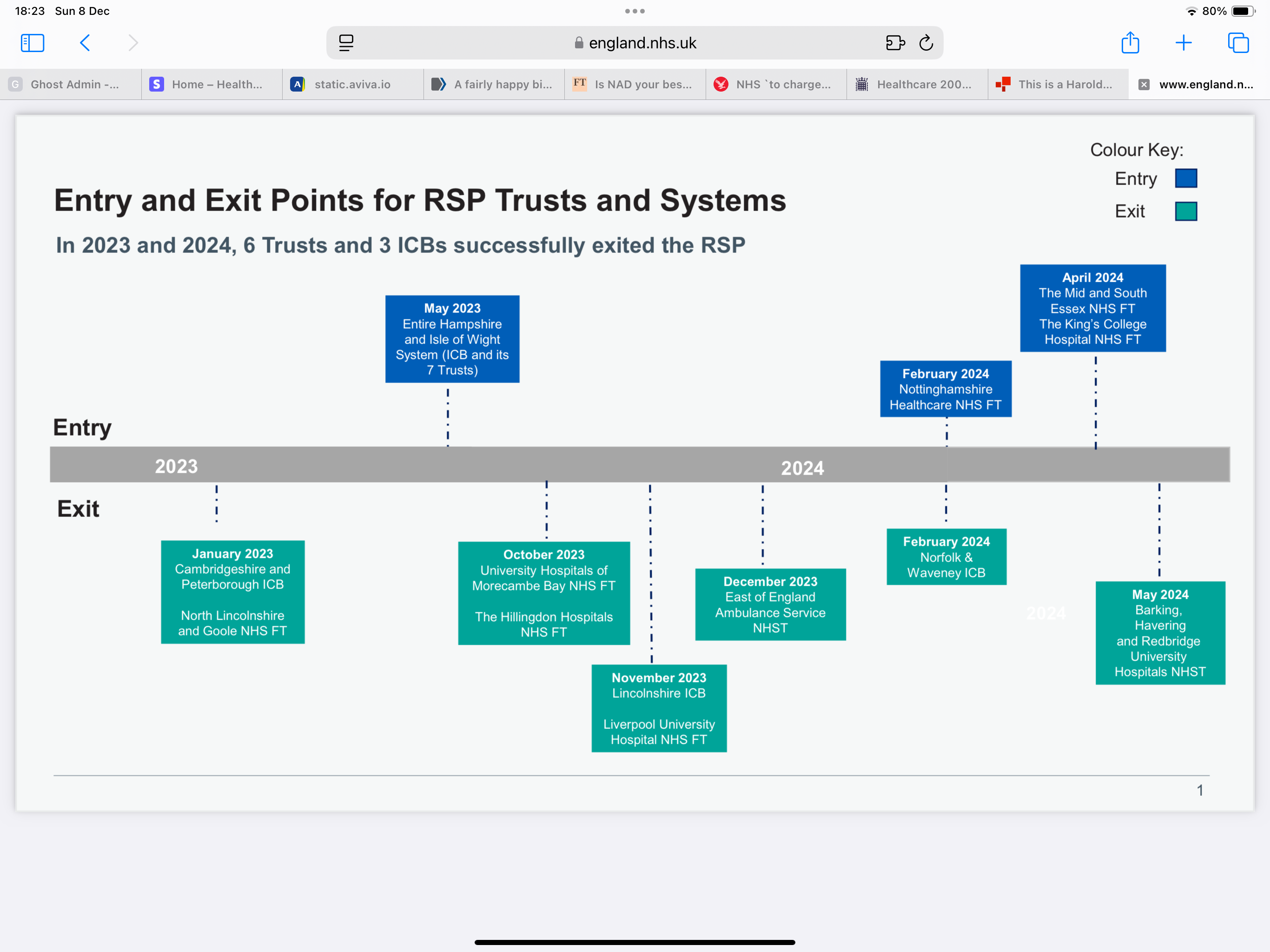Cowper’s Cut 352: From measurable milestones to millstones

I tell myself the story that I don’t like to be more unpleasant than is strictly necessary. I also tell myself the story that I don’t like to jump to conclusions about a new administration. I’m aware that I might be wrong about both stories.

That said, as far as promising signs of public service reform go, the Prime Minister’s ‘this isn’t a relaunch, honest’ speech this week was an abject, meretricious pile of crap.
In the first and most obvious place, how does a halfway competent operation let the phrase “measurable milestones” get through even into a first draft of a speech? Pleonasm, meet tautology: a milestone is intrinsically a marker of something that has already been measured. Hence its fucking name.
This might seem like street-level snark, but it really isn’t. People who can’t think clearly don’t speak clearly; and the word-salad of bollocks that was the PM’s attempt at a relaunch should depress the shit out of anyone who was hoping for modest competence from a new government. The bar set by recent administrations to clear in appearing competent was not at all high, but this Labour administration does keep on limbo-dancing under it, banging its head in the process.
And doing it at Pinewood Studios?
Excuse me?
Would they like to draw attention any harder to the fact that whatever he was like as a barrister, Sir Keir is, to put it kindly, not much of a political orator?
And we got a grand total of one actual NHS “measurable milestone”: cutting hospital backlogs so that 92 per cent of patients wait no longer than 18 weeks for hospital treatment by 2029.
A farewell to trade-offs

This would at least have offered the English NHS helpful clarity: however, in the Q&A that followed his speech, PM Starmer proved that he does not see the need for trade-offs.
When asked about what other NHS targets would have to give to make 92% 18 weeks performance achievable by 2029, the PM replied, “I want to hit this absolutely on the head. I do not accept the proposition that because you drive to deal with waiting lists then everything else must suffer …
Everything Everywhere All At Once

Ooops.
It seems that the Amanda Pritchard-era NHS England mantra of ‘Everything Everywhere All At Once’ is contagious, and the PM has got a big old dose of it.
And there was me thinking that ‘EEAAO’ was just an absurdist comedy drama.

I strongly suspect that NHS England’s ever-subtle national director of strategy Chris Hopson was behind this briefed piece in The Times ahead of the PM’s speech, which warned that “if the priority is putting all the money into electives, what we will see is warzone A&E departments and all sorts of other things being sidelined. It will have a number of casualties, including mental health, community care and waits in A&E.”
The Times piece also reports that NHSE internal discussions considered scaling back plans in areas ranging from GPs and dentistry to A&E departments, but multiple sources said that NHS England had singled out promises on mental health as a potential casualty of Starmer’s “measurable milestone”. I featured Lord Stevens’ recent warning speech to the House of Lords on the hardy perennial topic of “screwing” mental health in last week’s ‘Cut’.
The Refresh Prince of Belle Heir’s primary care vibe-shift
We also now see that Sir Keir’s job is firmly in the sights of our ambitious Health But Social Care Secretary Wes Streeting, who lost little time in briefing the Boris Johnson Fanzine that the laughable NHS Workforce Plan will be ’refreshed’ with a plan to have more GPs and primary care staff, so that there actually is some capacity to deliver their promised shift from acute to community.
No shit, Sherlock.
OK. So if this is a real thing, and not just a positioning PR blow-over, then we’d get some actual numbers.
So. Did we get any numbers?
How many more GPs, community nurses, health visitors, and by when?
Dear readers, I suspect you will not be shocked to hear that we did not get any numbers. Not for nothing will Mr Streeting henceforth be known as The Refresh Prince Of Belle Heir.
Also, doesn’t this mark quite the tonal turnaround from Mr Streeting’s previous ‘we’re going to get all Ian Dodge on GP independent contractor status’ vibes? This is what young people call a ‘vibe-shift’ apparently.
Labour’s two big health policy problems
Labour have two big problems with regards to their NHS reforms plans.
The first is that they don’t have any. As a course over-correction from the catastrophe of the Lansley reforms, it’s gone all the way in the other direction. Instead of a plan, we have an ersatz consultation, with the campest, dampest set of accompanying slides imaginable.
There’d be absolutely nothing wrong in a real, meaningful consultation with the public and the sector . But this isn’t it. The people leading this have no background or meaningful experience in doing public and sector consultation well (and in most cases, at all).
Ambition is not a plan
It would be laughable to call the ‘triple shift’ (from treatment to prevention; from secondary to primary; and from George to Ringo) an NHS reform plan. It is nothing of the kind.
The triple shift is a very, very broad ambition. Ambition is not a plan, however it may currently look to Mr Streeting.
The triple shift is probably the right ambition, but if it going to be achieved, then there will have to be hard trade-offs and tough choices. So for the triple shift to be meaningful, we will have to see real disinvestment in the sectors to shrink to enable real investment in those that are to grow. The shifted-from sectors will have to see real-terms budget cuts for the shifted-to sectors to see any meaningful growth that can deliver results in a politically acceptable timescale.
Trade-offs, innit. Something that neither The Woman In Black Amanda Pritchard nor PM Keir Starmer will like; nor something that (based on the evidence we have seen to date) either of them can demonstrably do.
Labour’s second problem is that the current English NHS policy vacuum is in great danger of dragging in any kind of nonsense going: see, for example, the constant, thought-free AI hypebeasting.
There is an utter failure to learn from what actually worked to deliver New Labour’s 2000s NHS reforms, which left the service with its highest ever recorded public satisfaction and best performance.
Labour need an NHS narrative
Labour do not have a narrative on the NHS and its reform. Their returned advisor Professor Paul Corrigan noted at the recent Institute For Government meeting on NHS reform that “policy is a much less powerful tool than narrative … narrative gets people motivated to do things differently, and change is hard”.
Professor Corrigan is not wrong about this.
What worked well tactically for Wes Streeting in opposition was sounding like a radical reformer and making tanks-on-the-lawn appeals to the partisan Conservative press, using which he generally announced things, as with the above-mentioned BJF piece.
The problem is that this Alan Milburn tribute act schtick has not led him to any actual new thinking. Opposition is the job of saying things, and getting your FOI stories into the media to blow up bad news mines for the incumbent government. Mr Streeting was demonstrably good at that. He is a bright man, and he is fluent doing media: he also seems to be able to think on his feet.
The job of government is doing things. That involves many things: consensus-building; learning from past mistakes as well as successes; but a great deal of it is knowing what you are going to do and how you are going to do it.
I should have a better idea than most people of what Labour plans to do on the English NHS, and of how they plan to do it. I haven’t the foggiest idea.
Labour now need an implementable plan that can successfully get the NHS in England back to 92% achievement of 18-week waits within what is now just four financial years. And it is far from clear that they are even in the same postcode as having such a plan.
It’s what you do and the way that you do it
In the words of the classic Jimmy Lunceford song, ‘T’Aint What You Do, It’s The Way That You Do It’: in reality, it’s actually both what you do and the way you do it. And “you can try hard, don’t mean a thing”.
“Yes, he’s been such a triumph at the Department For Health But Social Care”

DHBSC permanent secretary Sir Chris Wormald is the new Cabinet Secretary.
No, really. The Department For Health But Social Care’s gain is competent national government’s loss. When I heard this news, I laughed until I stopped. Chris Wormald isn’t even a household name in his own household.
The atrocious state of the DHBSC has many parents, but it is hard to ignore Mr Wormald’s output since his appointment in 2016. His role is allegedly one of:
- advising ministers on strategy and objectives for the health and social care system
- setting standards within the department
- making arrangements for governance, assurance and risk management
- overseeing the department’s performance and assuring the performance of sponsored organisations
- approving the department’s business plan, resource accounts, departmental report and major spending
It is impossible to look objectively at this list and, while keeping a straight face, assert that Mr Wormald has done it well.
Normally, civil servants have a few defenders. My networks have been cathedrally silent of any signs of support for Sir Chris.
However, perhaps that is because my networks are short of Truly Great National Treasures such as Matt Hancock. I was promptly reminded that The People’s Partridge had described Sir Chris as “one of the finest public servants of his generation and a superb choice”.
So clearly Sir Chris has exceptionally well-hidden depths, that only a true genius such as Alan can divine.
Sacking chief executives works: it’s official!

NHS England’s senior management team just keep going from triumph to triumph. The latest comes thanks to chief operating officer Dame Emily Lawson, who as HSJ reports told the recent NHSE Bored Meeting that NHSE’s ‘Recovery Support Programme’ is A Triumph.
I paraphrase this, but only very slightly. The Dame intoned, “we’ve seen this play out in the last few months, where changes in leadership of organisations have helped to provide energy, focus and grit to make improvement happen.”
This intrigued me as I read the piece. There will have been examples given, obviously. You couldn’t just assert that and not give examples, right?

NHS England’s chart points to six organisations and three ICBs having emerged from the RSP since 2023 as ‘proof’. There are currently 20 NHS providers and three ICBs in the RSP, which began work in 2021. Given the acknowledged minimum three-to-five-year period that it takes to durably turn an organisation around, I think that the Dame over-claims for “the last few months”.
Recommended and required reading
New book by former Prospect editor David Goodhart, ‘The Care Dilemma’.
Interesting piece by HSJ editor Alastair McLellan suggests that the NHS in England is in effect returning to austerity.





